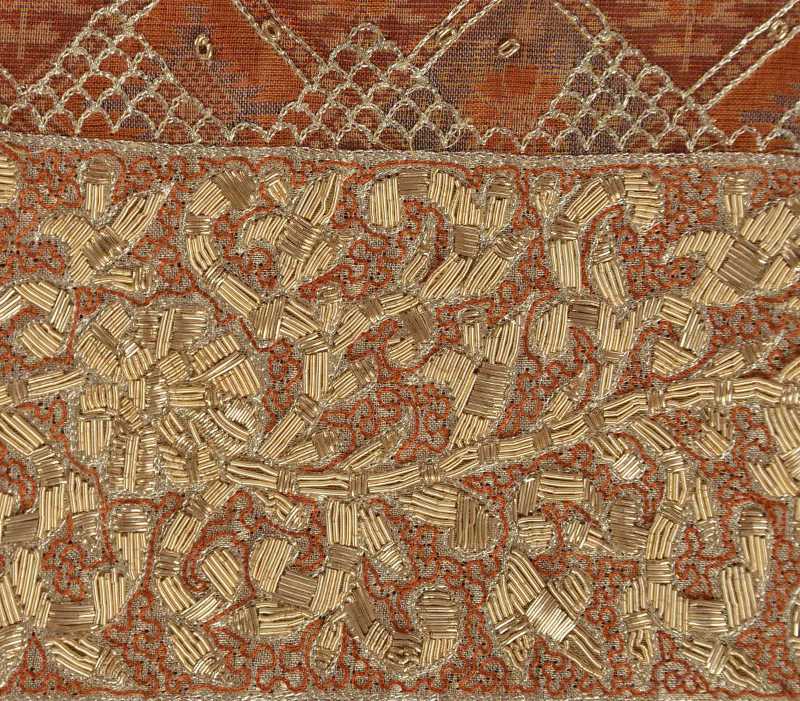===
0892,
5
===

=== |
 |
FWP:
SETS
MOTIFS == HOME
NAMES
TERMS == THEMEIf 'many people would come to look/see', that might not be a sign of popularity or desirability. It might just show a desire to gawk at a strange spectacle, as is clearly the case in {531,5}. The speaker (not named as 'Mir'), says that his staying home, after so many episodes of vagabondage and 'house-wrecking' (or 'house-wreckedness'), would draw quite a crowd. In {891,12} people do invite each other to go to Mir's house and 'listen to a few verses', but they don't sound like serious lovers of poetry. If they were in fact paying a friendly visit, the verb would surely be not dekhnā but milnā .
In the present verse, the second line hardly sounds like a boast; it reads much more as a wry commentary on human nature, and on the notoriety the mad lover is imagined (by the sane Mir) to have incurred through his heedless wanderings. Probably there's not that much to do in the evenings, in that muhallah. It might be the kind of neighborhood where everybody saunters down to the station to watch the trains pass. (Or rather, in Mir's day perhaps people would have strolled over to the sarai to see if any new caravans had arrived.) As an evening's light entertainment, might not a wandering madman, paying a rare visit to his (self-)ruined and desolate house, compare favorably with a camel or two?
In short, the present verse can be spoken by any mad lover, and triangulates elegantly among the possibilities of wandering, house-wreckingness (and/or house-wreckedness), and staying at home. It contains not a word, or even a hint, about poetry or 'Mir' the poet. I don't think it belongs with other verses about 'Mir' and his recitations.